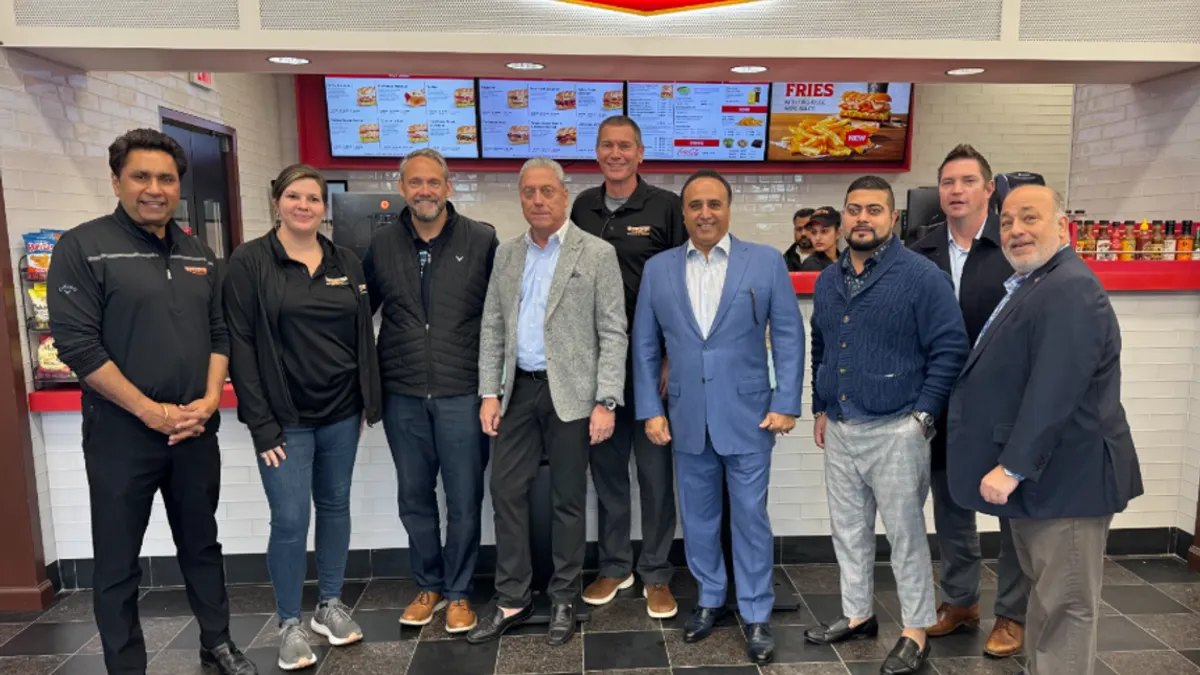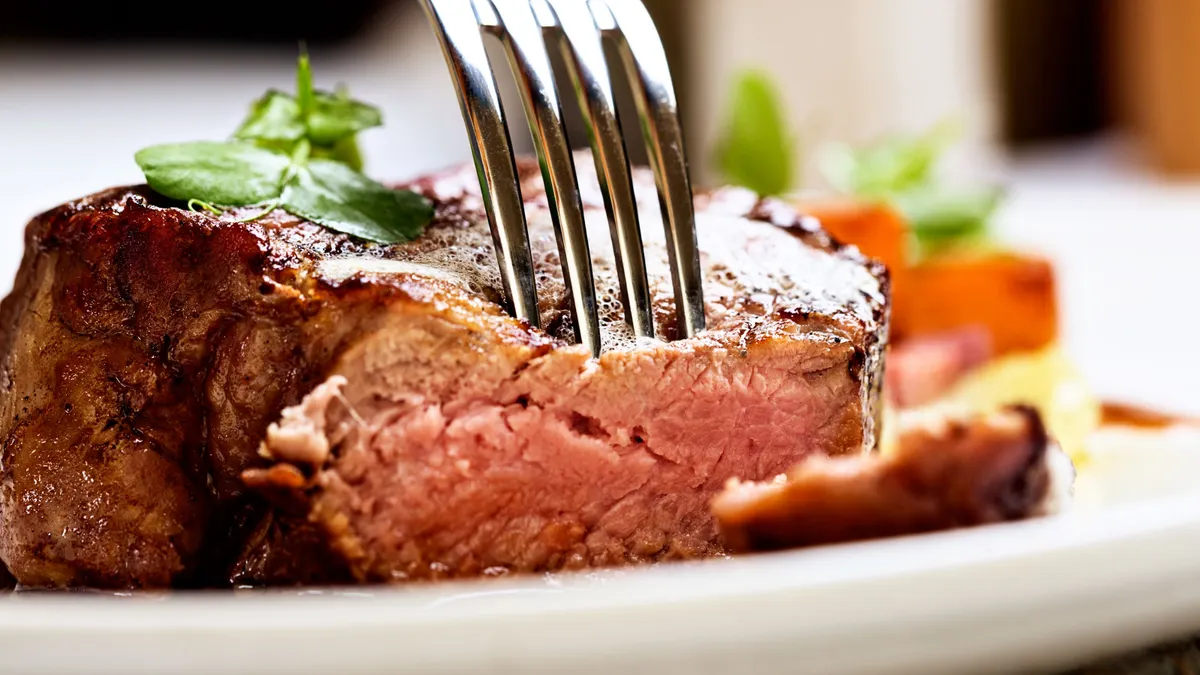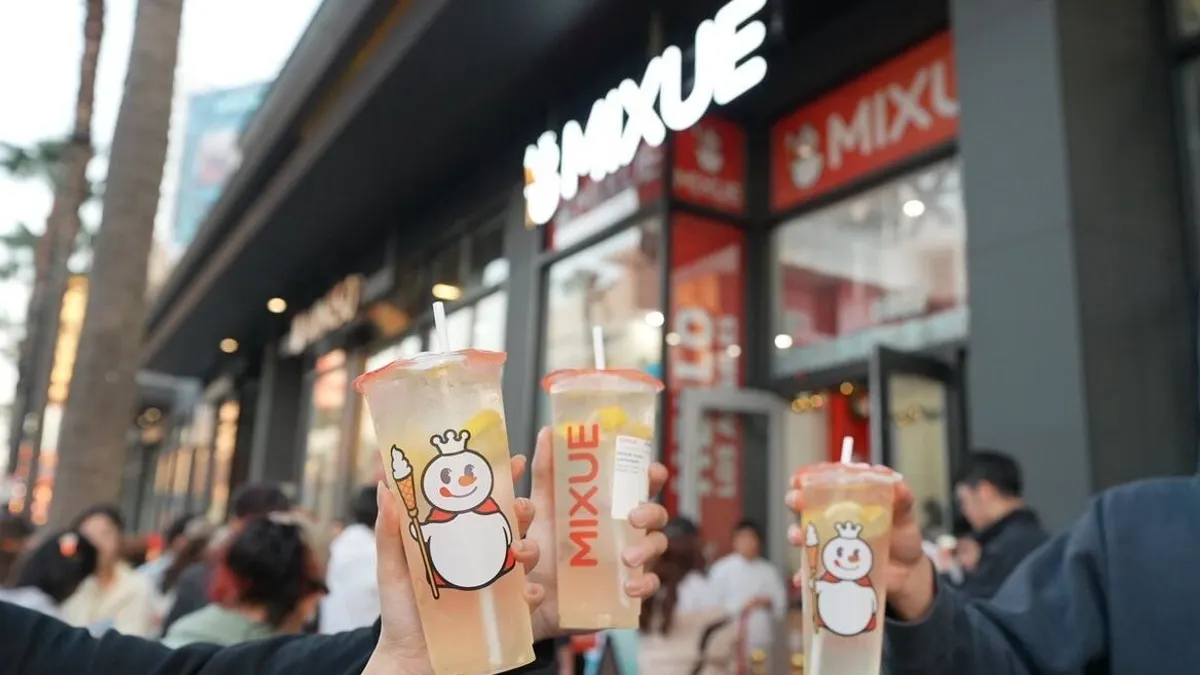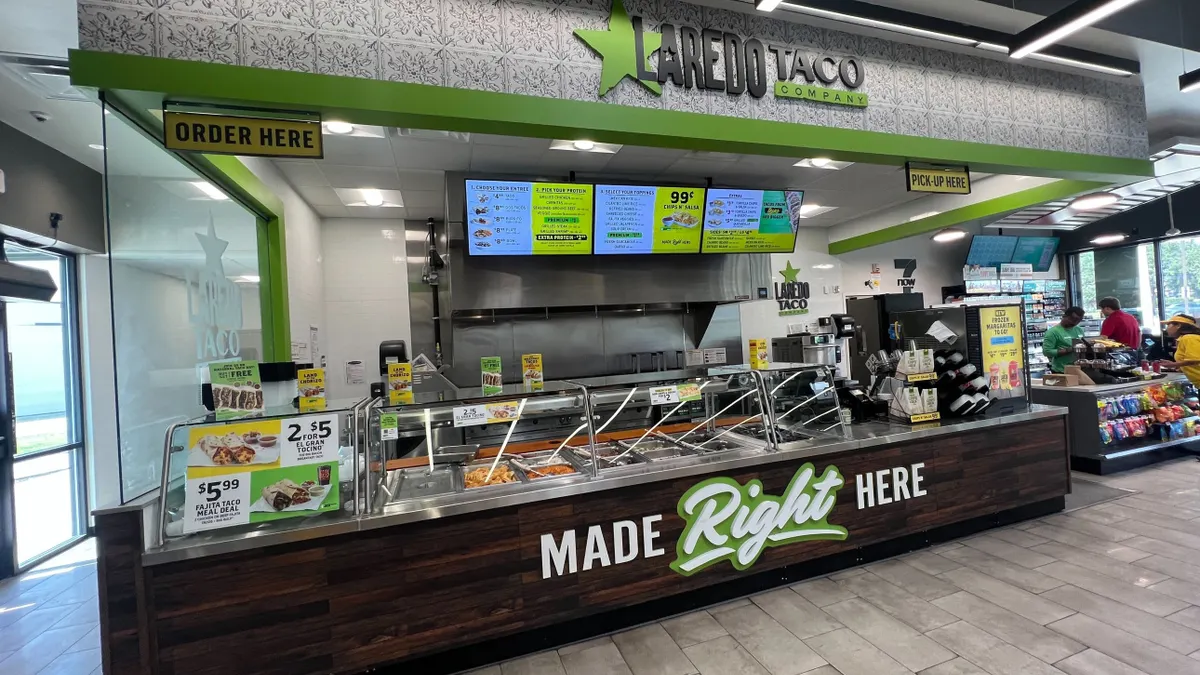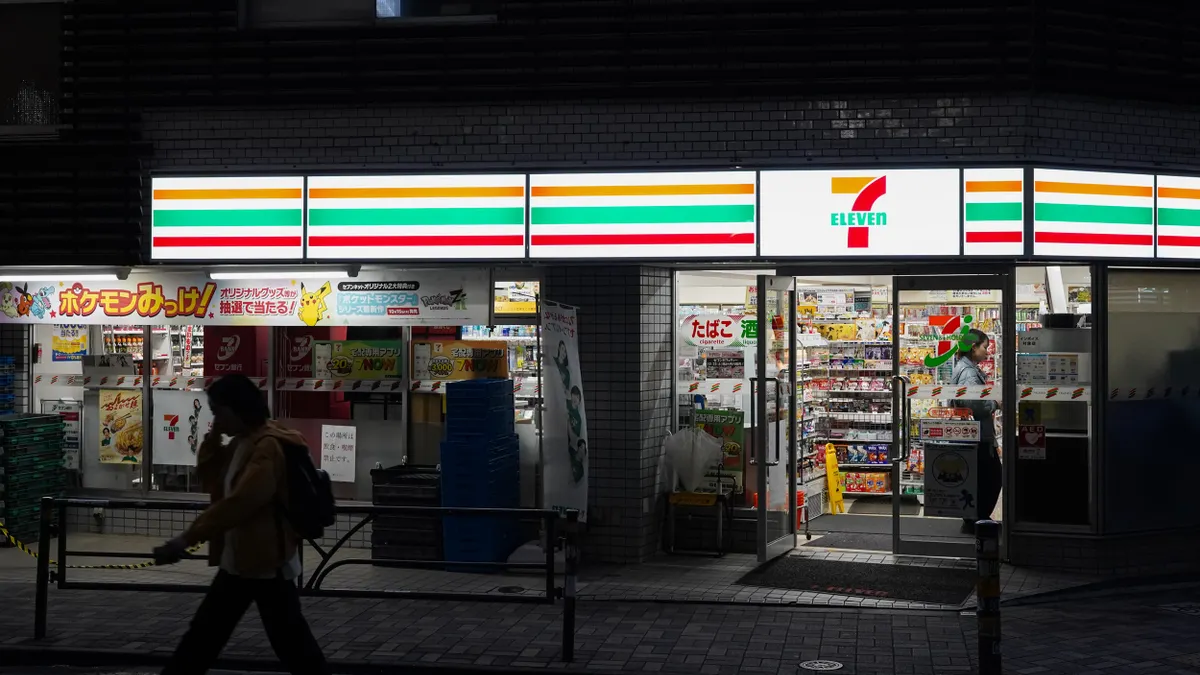Catriona Harris is the CEO of Uproar PR, a full-service public relations and digital agency that has extensive experience working with restaurant clients and dedicated crisis communication services.
Crisis situations happen every day in the restaurant industry, from a countrywide food contamination outbreak to a negative online review that goes viral. When crises arise, restaurants have an obligation to respond quickly and carefully, as even a small misstep in that communication can result in further consequences for the brand. In the age of social media, companies and brands are expected to respond quickly, but without a plan in place that has taken the inevitable into account, companies even as large as Chipotle can react in a way that does more harm to their brand than good.
For any company, regardless of size or industry, it is crucial to establish a thorough and actionable crisis plan. Because a crisis can happen in an instant in the restaurant industry, management teams should think of crisis situations as a matter of "when" and not "if." When putting together a crisis plan, restaurants need to assign a crisis team with specific roles, confirm messaging and establish a management process for media relations and social media activity.
Establish a crisis team and select a spokesperson
National chains often have a corporate team that handles communication initiatives, in addition to the restaurant management team that handles day-to-day operations. In contrast, smaller chains and family-owned businesses may not even have a dedicated team member for communications. Regardless of restaurant size, it is necessary to establish a crisis team ahead of a potential misstep. Identifying important decision-makers and trusted employees will help a restaurant pinpoint members of its ideal crisis team.
The crisis spokesperson is the most important member of the team. The spokesperson is the representative who will speak on behalf of the brand during a crisis, whether it's in a social post, on TV or to the local newspaper. It is not uncommon for restaurants to have multiple spokespersons, since the nature of crisis situations in restaurants can vary drastically. Once spokespersons are identified, the level of media training needed can be determined. It is crucial to practice articulating key messaging with the restaurant's spokespersons before a crisis strikes. This will allow the spokesperson to understand how to respond to a reporter’s question, and how to remain on message when a reporter's question veers off-topic.
Designate roles and responsibilities
Once a restaurant assembles a crisis team and chooses spokespersons, more specific roles can be assigned. The size of a crisis team will vary depending on the size of the restaurant, as some roles can be held by one individual or a group. Also, one member of the team can hold multiple roles.
Some of the different roles found on a typical restaurant's crisis team include:
-
Food safety lead
-
This role, likely held by a kitchen manager, will be responsible for any food handling issues. Restaurants should ensure this role is filled by a member of the operational team, as they are most familiar with the daily processes used when preparing food.
-
-
Vendor liaison
-
This role can be held by one individual, like a general manager, or by multiple people. The main responsibility of a vendor liaison role is to take ownership of the relationship between the restaurant's different vendors. If a problem, like contaminated product or a recall occurs, the vendor liaison will intervene.
-
-
Communications team
-
Whether a restaurant partners with a PR firm or has an internal team, the communications team is vital in any crisis plan. Beyond overseeing the messaging and positioning across all channels, the communications team will field media inquiries and handle all social media interactions. Monitoring and ultimately controlling outbound communications from a restaurant is critical. If you do not take control of the narrative, the narrative will control you.
-
-
Attorney or legal advisor
-
Every restaurant should have an attorney, or some form of legal advisor, on its crisis team. In the event of a large-scale crisis, legal measures may need to be taken.
-
Identify communication messages
Restaurants are expected to respond quickly and precisely when a crisis strikes. Developing key messaging in a crisis plan ahead of time helps address the issue of speed and accuracy. A restaurant's entire crisis team and spokesperson should work through various crisis situations and develop specific messaging around each of those scenarios.
Restaurants also should determine the internal communications strategy during various crisis situations. Employees represent a large part of any restaurant, and keeping them informed will reduce the risk of misinformation spreading.
Transparency should guide the development process of messaging, as crisis situations usually require a greater level of information-sharing than traditional media relations efforts. If a restaurant does not provide transparency in its response to a crisis, the public could become even less trusting of the brand.
Effectively communicate to all stakeholders
Properly managing crisis messaging goes far beyond drafting press materials, like a press release, after an incident occurs. Restaurants must decide on the media strategy — in terms of a proactive vs. reactive approach — and assess the main media channels and targets.
A crisis plan should lay out all the major audiences who could be impacted by the crisis and best ways to reach those audiences. For example, if a restaurant needs to close temporarily for any reason, directing people to a place for more information — such as your website or social media page — will keep them from making, and publicly posting, assumptions about why the restaurant is closed.
When a crisis occurs, every conversation surrounding the event needs to be monitored. Gauging how a crisis is being portrayed in the media and online will help the team understand if any messaging or strategy should be adjusted.
Monitor the restaurant's digital presence
Any crisis has the potential to snowball into a bigger issue online. Therefore, the social media component of a plan needs to be comprehensive and detailed. A brand's digital presence should be actively monitored, from owned social channels, like Facebook, Instagram, LinkedIn and Twitter, to user-review channels like Yelp.
In a crisis situation, communication directed at the restaurant via social media will likely skyrocket. Restaurant patrons will have questions and want to participate in the discussion. When those comments and posts turn negative, brands should respond quickly and publicly, using predetermined messaging. After a brand responds publicly, they should try to move any further communication with an individual to a private discussion. Depending on the nature of the situation and the magnitude of incoming messages, comments can be disabled, though this should be used as last resort. Usually, if a brand is prepared and has messaging aligned ahead of time, turning off comments will not be necessary.
Communications on review channels are trickier to navigate for restaurants, and should be assessed on a case-by-case basis. Yelp and Glassdoor both offer the opportunities for companies to respond to reviews. Similar to the process described above, responding to a review should be done publicly, then moved to a private conversation if possible. A Glassdoor U.S. site survey found that 62% of job seekers say their perception of a company improves after seeing an employer respond to a review, proving that a company response can help generate goodwill toward the brand.
From the staff and environment to the vendors and products, many moving parts go into the creation of a memorable customer experience at a restaurant. While there are numerous opportunities for a crisis situation to arise, establishing a strong crisis communication plan will keep restaurants prepared for anything.






